These are tiny holes that form on the tooth surface due to poor oral hygiene. When you do not brush or floss properly daily, bacteria and plaque accumulate on your teeth. Acids from plaque erode the enamel until cavities form on teeth.
What Are Dental Sealants?
Sealants are thin, liquid coatings painted onto the chewing surfaces of your back teeth (premolars and molars). Once applied, a dentist cures and hardens the sealant material to shield and protect your teeth from harmful cavity-causing bacteria.
What are dental sealants made of?
Manufacturers use a couple different materials to make sealants, including medical-grade:
- Resins (plant or synthetic).
- Glass ionomers (glass powder combined with a water-soluble acid).
What is the purpose of sealants?
Dentists place sealants to protect your teeth from disease-causing bacteria. Your back teeth have deep grooves that help you grind up food when you chew. Food and bacteria can become trapped in these grooves, leading to tooth decay (cavities) over time. Sealants coat these areas so bacteria can’t reach them.
Why are dental sealants placed on teeth?
The chewing surfaces of the molar and premolar teeth have grooves — "fissures" — that make them vulnerable to decay. These fissures can be deep, are difficult to clean, and can be narrower than even a single bristle of a toothbrush. Plaqueaccumulates in these areas, and the acid from bacteria in the plaque attacks the enamel and cavities can develop. Fluoride helps prevent decay and helps protect all the surfaces of the teeth, dental sealants provide extra protection for the grooved and pitted areas by providing a smooth surface covering over the fissured area.
Dental sealants are a valuable tool in preventing cavities and maintaining good oral health. They are a thin, protective coating applied to the chewing surfaces of molars and premolars, where tooth decay often begins. Here's how dental sealants can benefit your checkup routine:
- Cavity Prevention: Sealants act as a barrier, protecting the vulnerable pits and fissures of your teeth from food particles, bacteria, and acids that can lead to cavities. They are especially effective in preventing decay in the hard-to-reach areas of your molars and premolars.
- Cost-Effective: Dental sealants are a cost-effective preventive measure. They are significantly less expensive than treating cavities and undergoing restorative dental procedures.
- Pain-Free Application: Applying dental sealants is a painless and quick procedure. It doesn't require drilling or anesthesia, making it suitable for both children and adults.
- Long-Lasting: Sealants can last for several years, providing continuous protection against cavities. They are usually checked during regular dental checkups and can be reapplied if necessary.
- Child-Friendly: Children, in particular, can benefit from dental sealants as they may not have the best brushing and flossing habits. Sealants offer an extra layer of defense against cavities during their formative years.
- Improved Oral Health: By preventing cavities, dental sealants contribute to overall oral health.. Sealants help maintain the integrity of your teeth.
- Convenience: Once applied, dental sealants require no special care. You can continue your regular oral hygiene routine of brushing and flossing.
- Reduced Dental Anxiety: Because sealant application is a non-invasive and straightforward procedure, it can help reduce dental anxiety for those who are nervous about visiting the dentist.
- Better Checkup Results: With fewer cavities and dental issues to address, your routine dental checkups are likely to be smoother and more pleasant. You'll spend less time in the dental chair and face fewer restorative procedures.
They can assess your oral health and provide guidance on whether sealants are a suitable addition to your checkup routine.
FAQ
Can Sealants Be Placed Over Cavities? Sealants can be used over areas of early decay to prevent further damage to your tooth.
Any adult who wants to decrease the chances of tooth decay should opt for sealants. They are also a great form of preventative maintenance and can help you protect your teeth from any costly dental procedures in the future due to any potential bacteria buildup or plaque decay.
Latest Post
- Buy Dental Floss Online at ForceLifeCare
- Buy Electric Toothbrushes Online at ForceLifeCare
- Facing Several Problems Teeth Cleaning
- Force-lifecare Best Option for Dental Checkups
- Why Force-lifecare is Different
- Why Force-lifecare for your Dental Solution?
Other Links



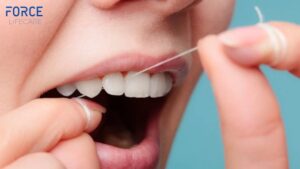
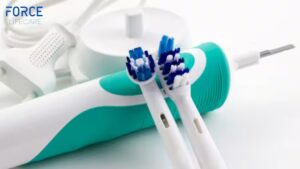
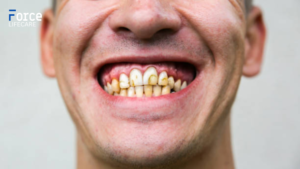
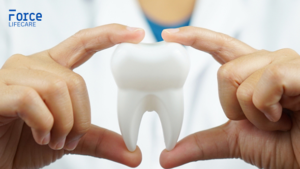
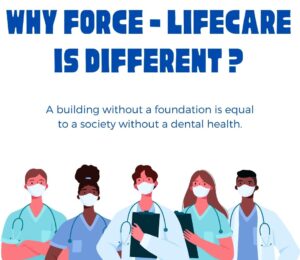

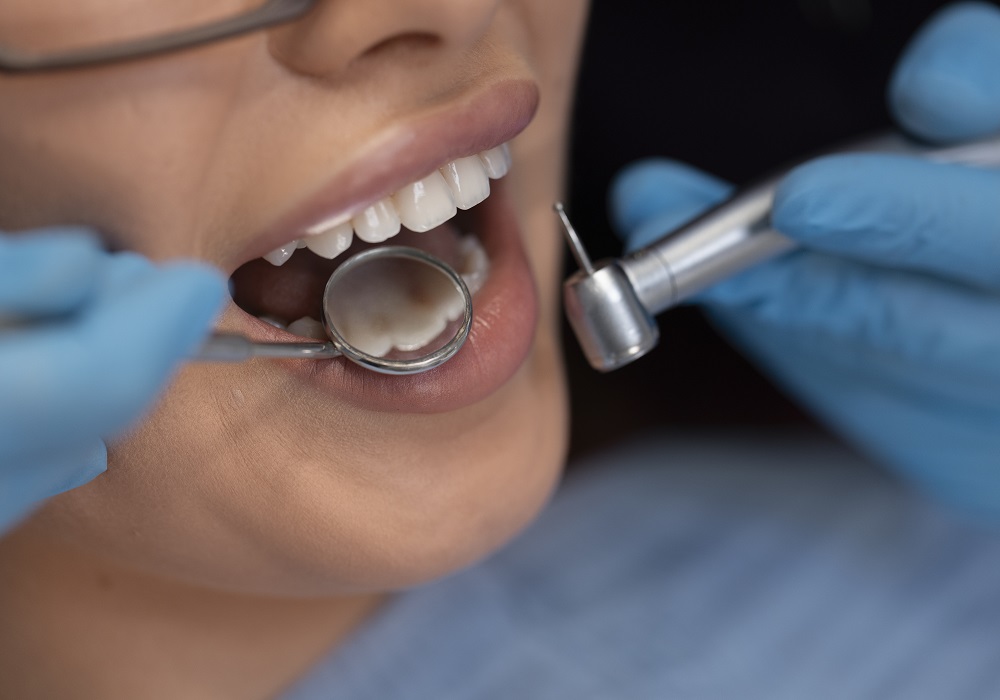 Dental Checkup Services
Dental Checkup Services
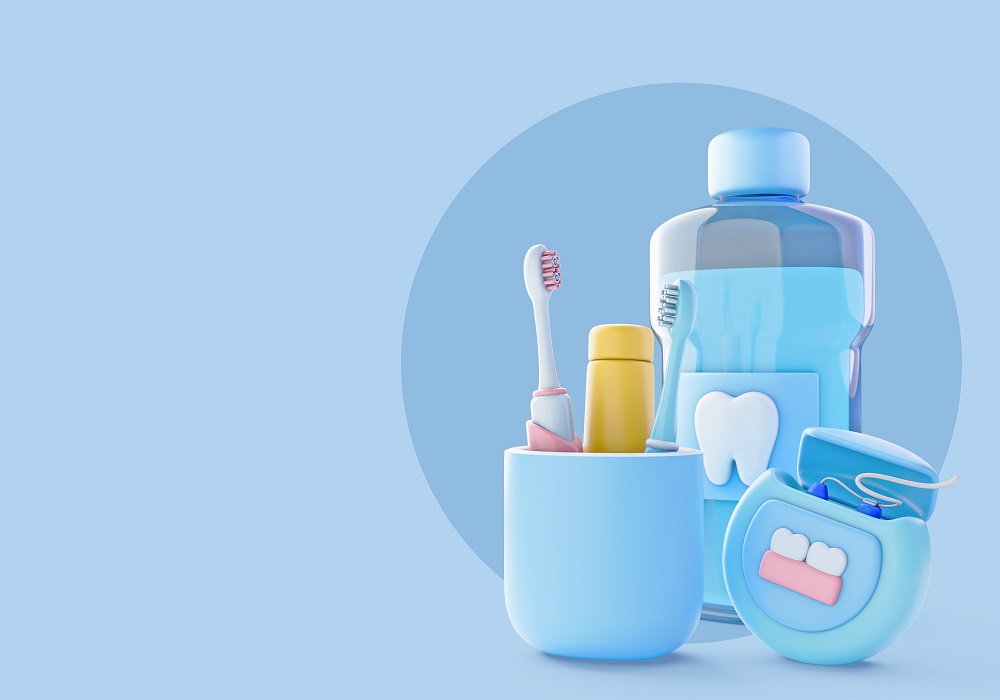 Our range of products
Our range of products
 Oral Care Blogs
Oral Care Blogs

Recent Comments